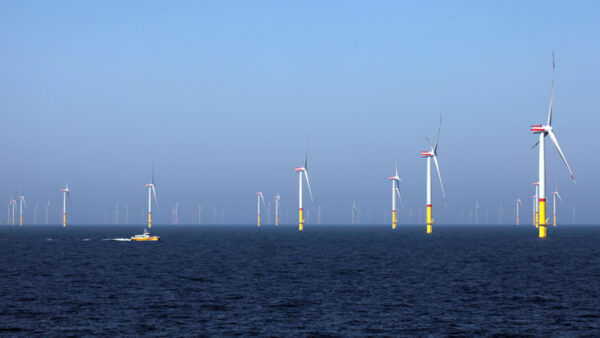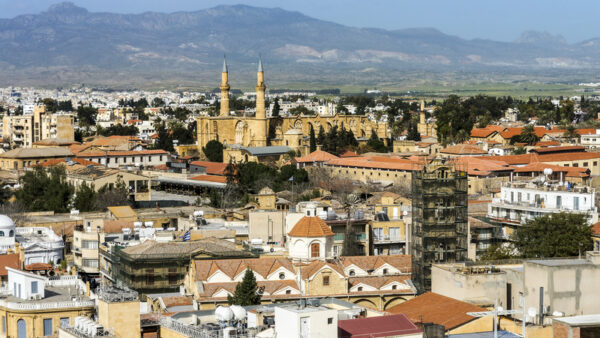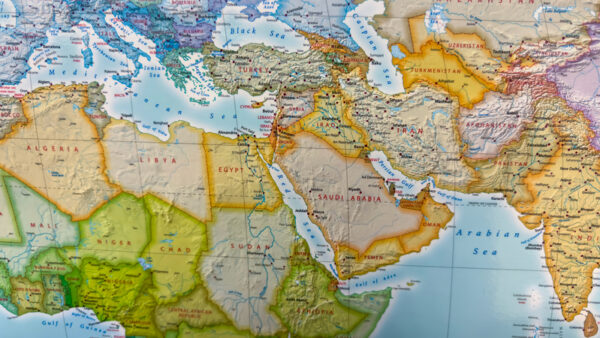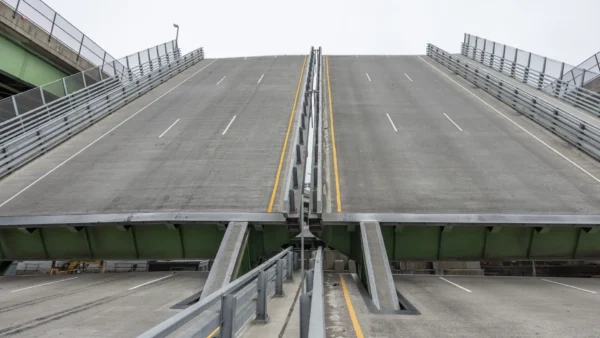French consultant Arep has signed an $8m deal to redevelop three main railway stations in Iran.Â
The contract marks a return of European companies to Iran in anticipation of the lifting of sanctions, and the prospect of a $25bn programme of rail upgrades over the next seven years.
The work involves the rebuilding of stations in the capital Tehran and the cities of Qom and Mashhad, which are Shi’a pilgrimage sites.Â
Etienne Tricaud, the head of Arep’s board of directors, said: “Tehran railway station is 80 years old now, and it is not compatible with present-day needs. We have to present a comprehensive plan for 170 ha of land at this station so that high-speed inner-city and suburban trains, as well as electric and metro trains, can transport passengers in the city centre.”Â
For Mashhad, in the extreme north-east of Iran, Arep will refurbish the station and design two terminals to increase its capacity.Â
Qom station, which is about 100km south of Tehran, will be modernised to deal with high-speed trains on the 400km Tehran-Isfahan line.
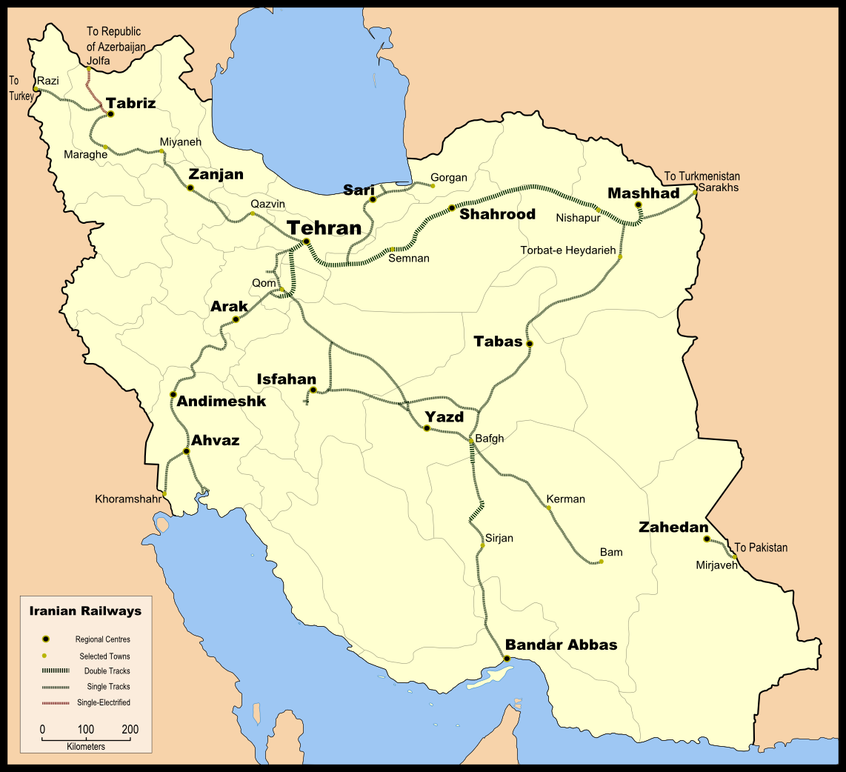
Iran’s existing rail system
Arep is the multidisciplinary design arm of French state-owned rail operator SNCF, and so the early contract constitutes an early victory for France in what promises to be a hotly contested field.
Mohsen Pourseyed-Aqa’ie, the head of the Islamic Republic of Iran Railways, said the plan was to build an integrated system with each station acting as a hub for several modes of transport.Â
He added that all the contracting work for construction and upgrades would be carried out by Iranian companies, with outside companies brought in for design work and other kinds of consultancy, and the manufacturing of rolling stock. Iran currently has contracts with Germany’s Siemens and France’s Alstom to build locomotives.
Work on the $2.7bn Tehran-Isfahan line got under way in February this year. It is being built by China Railway Engineering Corporation (CREC) in co-operation with Iran’s Khatam Al Anbia Construction and it scheduled for completion in 2019.
Iran’s Bank of Industry and Mine will provide $1.8bn of the finance, underwritten by the China Export and Credit Insurance Corporation. When complete, trains will travel at 350km/h.

